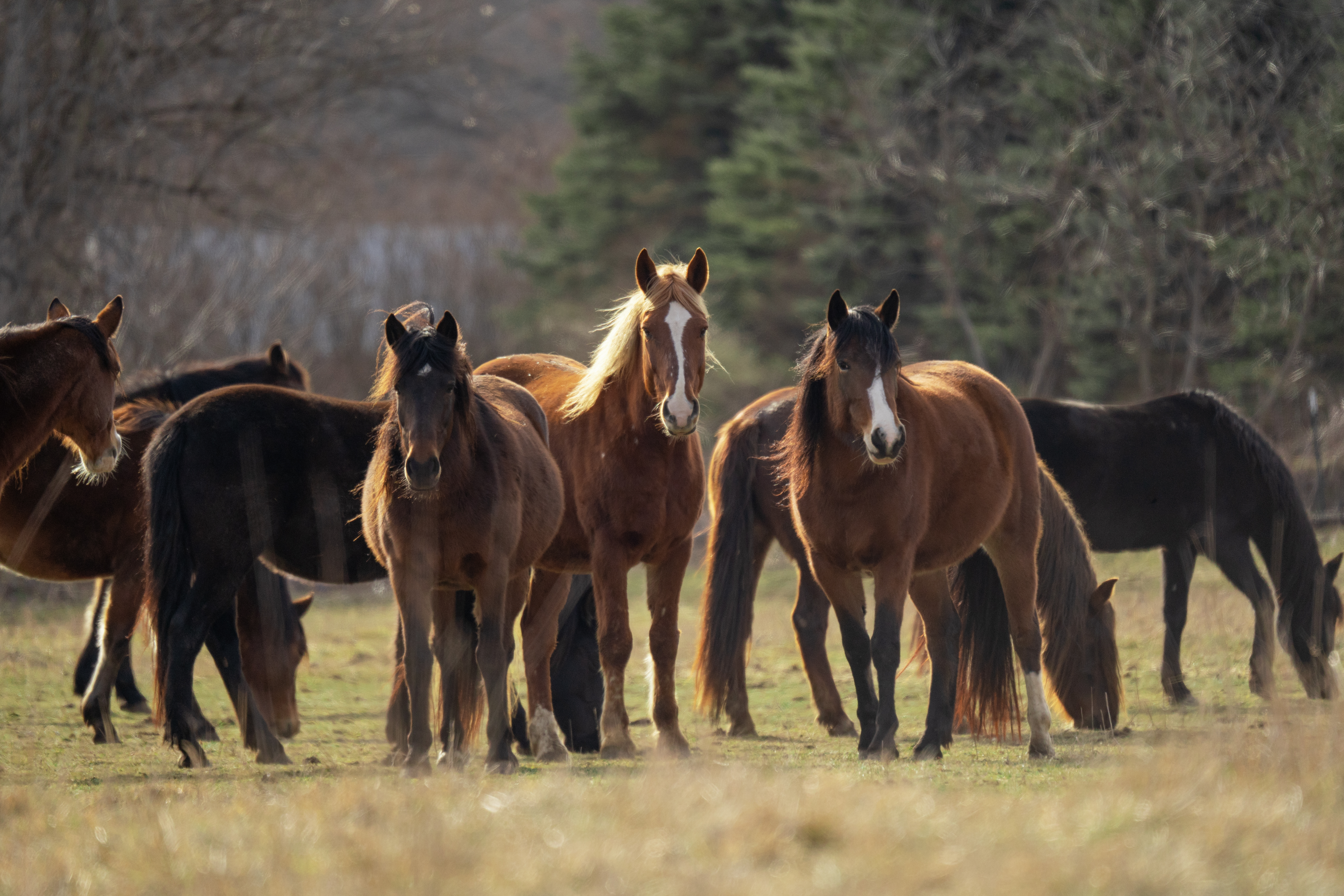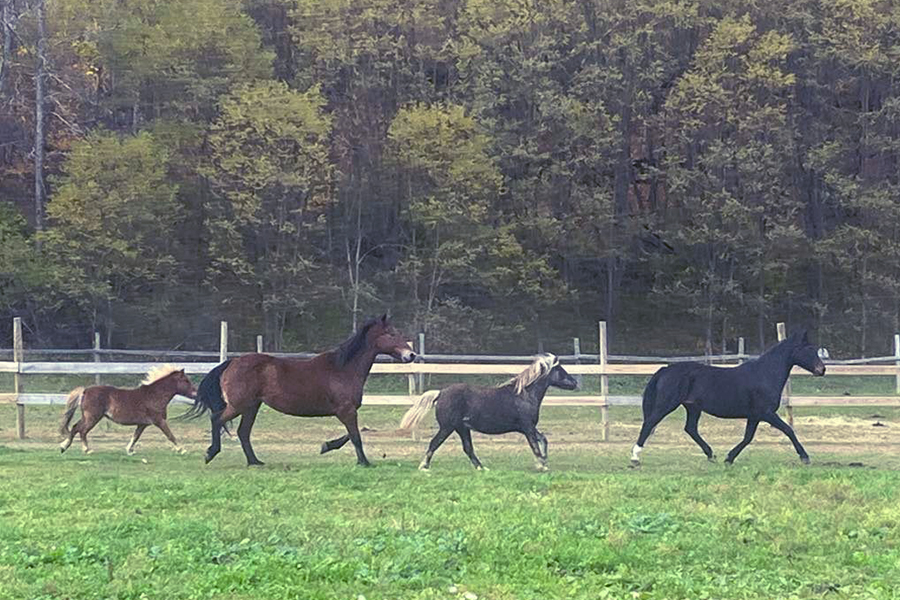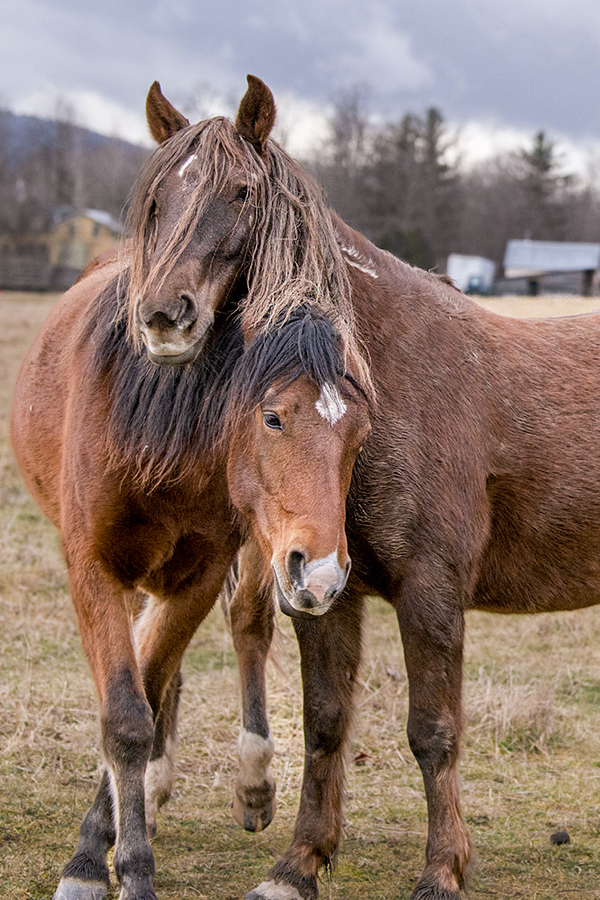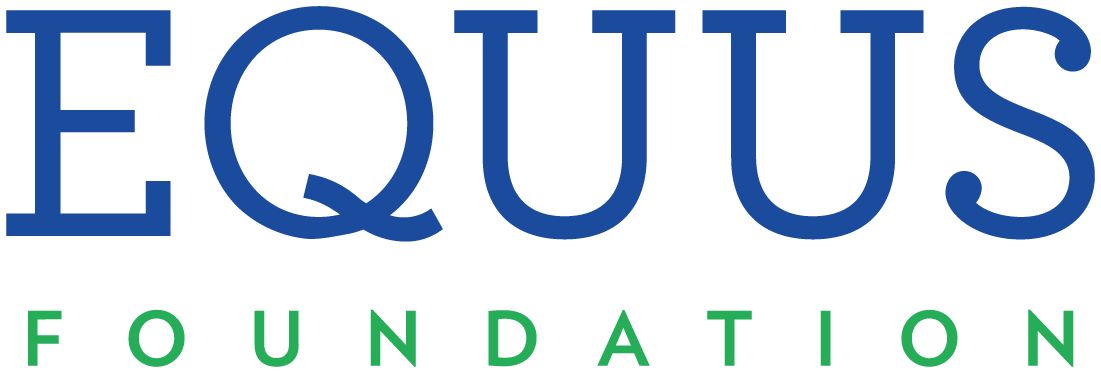The plight of wild mustangs is a complex issue that extends far beyond the immediate welfare of these majestic animals. It’s a multifaceted problem with significant implications for our environment, government transparency, and even our own well-being.
A Watershed Crisis
The impact of livestock grazing on our public lands cannot be ignored. Cows, with their voracious appetites and tendency to congregate near water sources, are significantly more detrimental to our watersheds than mustangs. Their excessive consumption of surface water can lead to erosion, sedimentation, and the degradation of our natural resources.
Government Transparency and Accountability
The lack of transparency surrounding the roundup and management of wild mustangs is a serious concern. As taxpayers, we have a right to know how our public lands are being used and how our money is being spent. The secrecy surrounding the trap sites and the potential for corruption raise serious questions about the integrity of our government agencies.

Animal Cruelty and Human Welfare
The inhumane treatment of wild mustangs is a form of animal cruelty that has far-reaching consequences. Studies have shown a correlation between animal abuse and violence against humans. Allowing such atrocities to occur on our public lands sends a dangerous message and undermines our commitment to a just and compassionate society.
The Importance of Preservation
Wild horses play a vital role in maintaining the health of our ecosystems. They help to fertilize the soil, disperse seeds, and control invasive plant species. By preserving their populations, we are protecting our environment for future generations.

Taking Action
There are many ways to support the protection of wild mustangs and advocate for environmental justice:
Support Sanctuaries:
Donate to organizations like Mustang Valley Sanctuary that provide safe homes for rescued mustangs.
Stay Informed:
Learn about the issues facing wild horses and share information with others.
Advocate for Change:
Contact your elected officials and demand transparency and accountability from government agencies.
Sponsor a Mustang:
Help to support the care and training of a rescued mustang.
By taking action, we can help to ensure a brighter future for wild mustangs and protect our precious natural resources.

Advocating for Change:
Three Bills to Protect Wild Mustangs
HR 3475: The Safe Act
This bill would make it illegal to transport horses across the border for slaughter. It aims to prevent the inhumane treatment of horses and protect the integrity of our domestic horse industry.
HR 6021: The Mule Hide Act
This bill would prohibit the export of wild horses, burros, and mules for slaughter. It seeks to protect these animals from cruel and unnecessary suffering.
HR 3656: The Prevent the Use of Helicopters in Wild Horse Roundups Act
This bill would prohibit the use of helicopters in the roundup of wild horses and burros. Helicopters pose a significant risk to the animals’ health and safety, often resulting in injuries and deaths.
Taking Action
To ensure these bills pass, it’s crucial to contact your congressional representatives and urge them to support these measures. Remember, bipartisan support is essential for their success.
The Cost of Inhumane Roundups
The current methods used to round up wild horses are not only cruel but also incredibly costly to taxpayers. Helicopter roundups are expensive, and the subsequent care of the horses in holding facilities places a heavy burden on our government.
A More Humane Approach
There are more humane and effective ways to manage wild horse populations. By utilizing experienced horse behavior experts and implementing targeted fertility control measures, we can protect these animals while maintaining the health of our public lands.
Join the Fight
By supporting these bills and raising awareness about the plight of wild mustangs, we can help to create a more just and compassionate society. Together, we can make a difference.

A Call to Action: Protecting Wild Mustangs and Our Public Lands
The plight of wild mustangs is a complex issue with far-reaching implications for our environment, government transparency, and animal welfare. As advocates for these majestic creatures, it’s essential to understand the broader context of their struggle and take action to protect them.
The Harms of Helicopter Roundups
Helicopter roundups pose significant risks to the health and safety of wild horses. These inhumane practices can result in injuries, deaths, and the separation of families. The trauma experienced by these animals is both heartbreaking and unacceptable.
The Need for Humane Management
There are more humane and effective ways to manage wild horse populations. By utilizing experienced horse behavior experts and implementing targeted fertility control measures, we can protect these animals while maintaining the health of our public lands.
Government Accountability
The lack of transparency surrounding the roundup and management of wild mustangs is a serious concern. As taxpayers, we have a right to know how our public lands are being used and how our money is being spent. The secrecy surrounding the trap sites and the potential for corruption raise serious questions about the integrity of our government agencies.
Environmental Impact
The impact of livestock grazing on our public lands cannot be ignored. Cows, with their voracious appetites and tendency to congregate near water sources, are significantly more detrimental to our watersheds than mustangs. Their excessive consumption of surface water can lead to erosion, sedimentation, and the degradation of our natural resources

Advocating for Change
To protect wild mustangs and our public lands, we must take action. Here are some key steps we can take:
Support Legislation: Contact your congressional representatives and urge them to support bills like HR 3475, HR 6021, and HR 3656, which aim to protect wild horses and improve their management.
Stay Informed: Learn about the issues facing wild mustangs and share information with others.
Advocate for Transparency: Demand greater transparency from government agencies regarding the roundup and management of wild horses.
Support Sanctuaries: Donate to organizations like Mustang Valley Sanctuary that provide safe homes for rescued mustangs.
Join the Fight: Become an advocate for wild horses and help to raise awareness about the issues they face.

By taking these steps, we can help to ensure a brighter future for wild mustangs and protect our precious natural resources.







